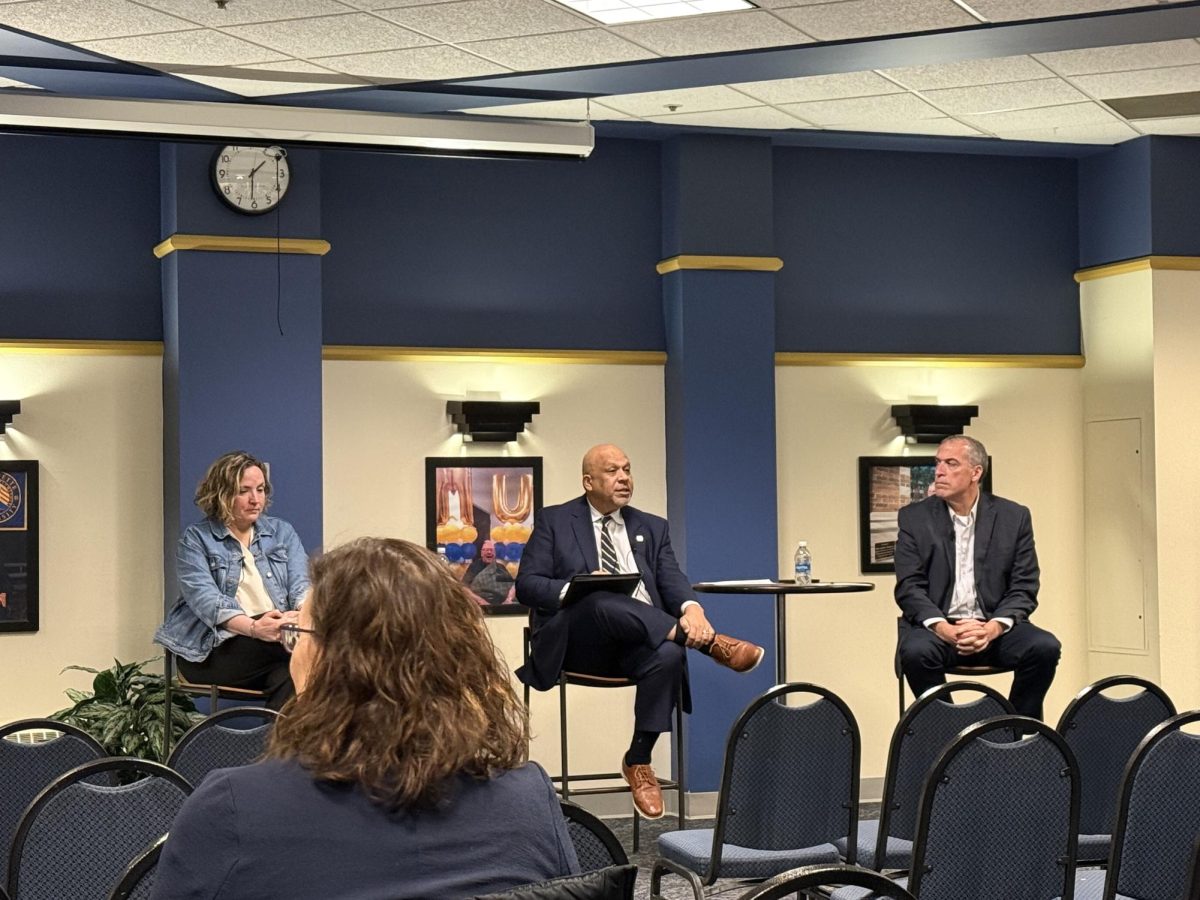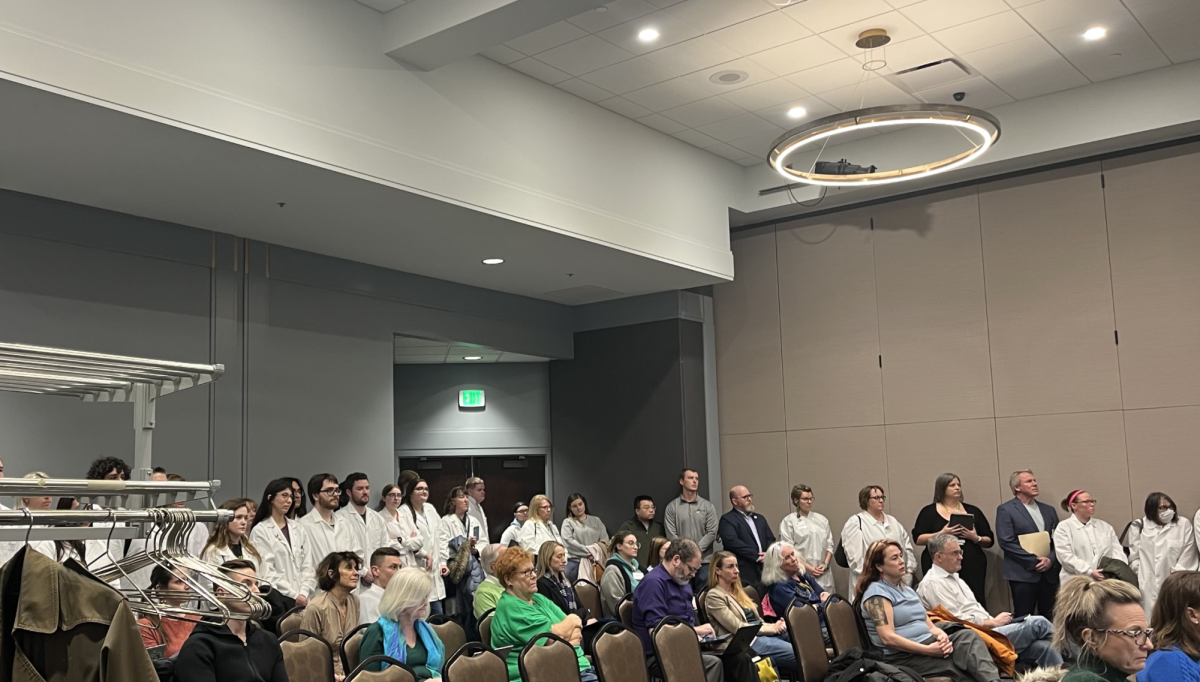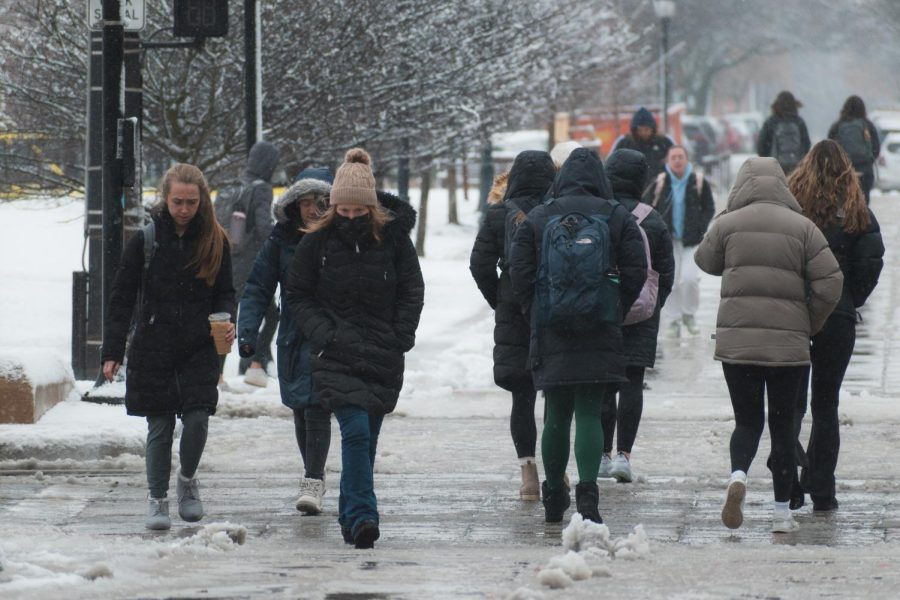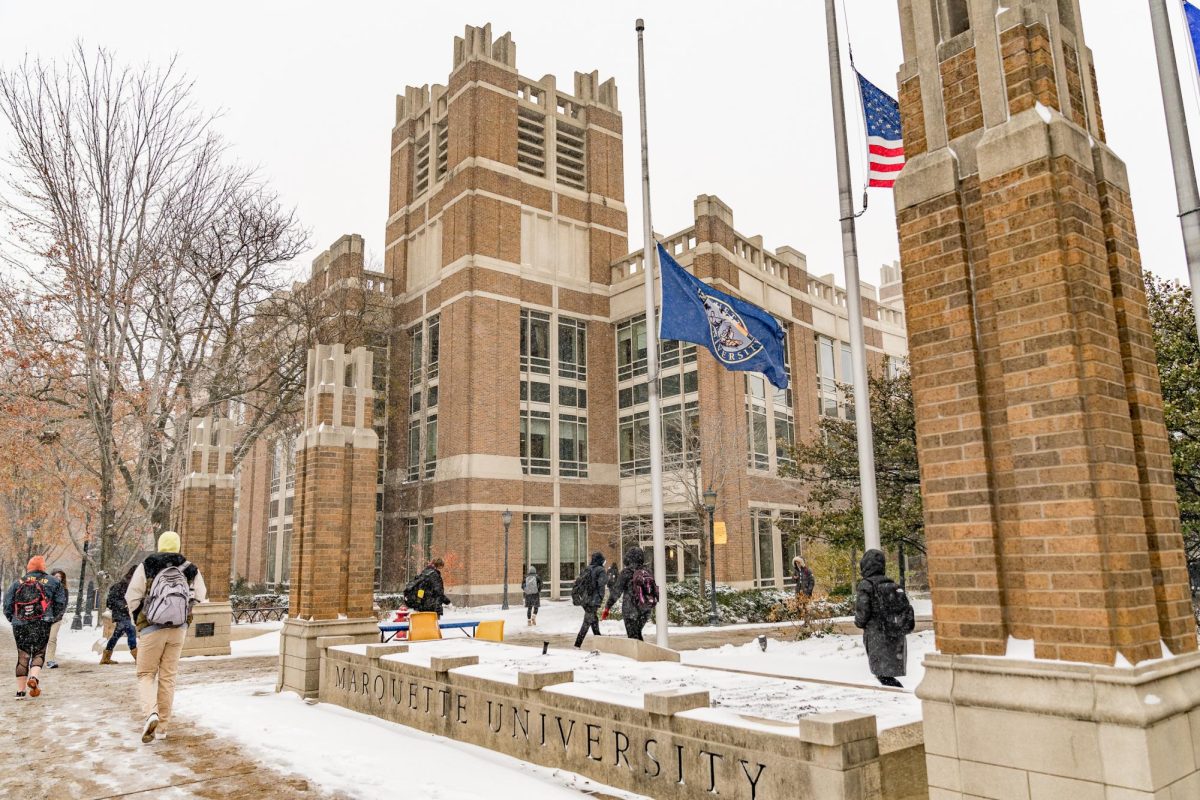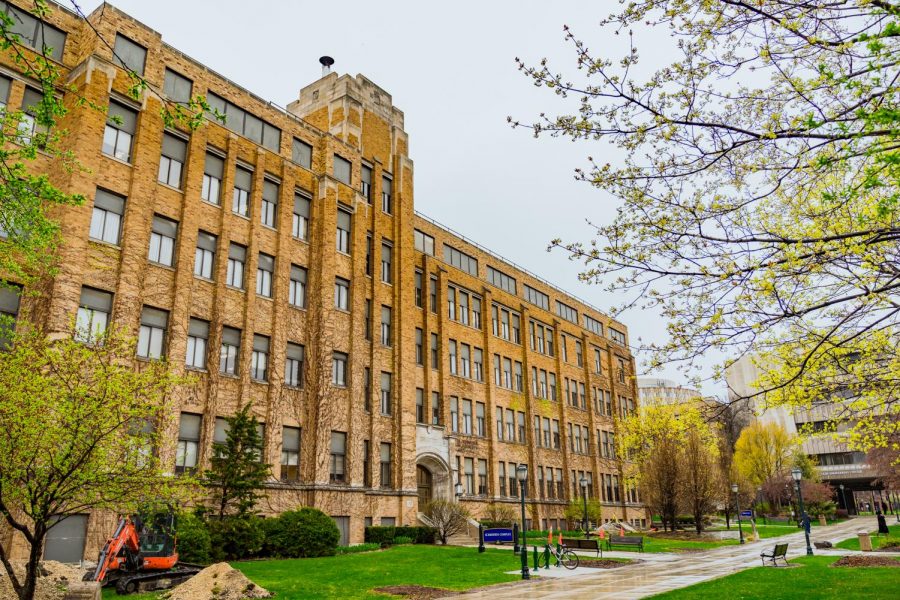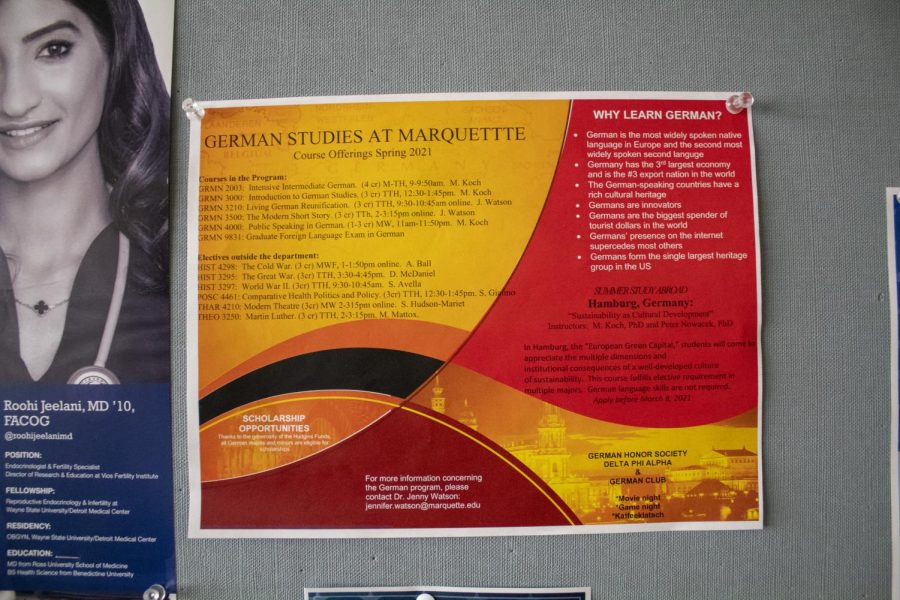Amber Wichowsky, professor and assistant chair of political science, discussed a survey of faculty concerns related to the “disproportionate” impact of budget cuts across some units that was conducted in May 2022.
The Marquette University Academic Senate met Sept. 19 to discuss several topics pertaining to the university, one of these included budget cuts.
Wichowsky said the survey was administered not only to respond to those worries, but to also think about what comes next.
Wichowsky also said that the survey was emailed to 39 faculty members, but only 18 of them responded, making for a 46% response rate. An individual from each college answered, except for the College of Business Administration and the School of Dentistry.
The survey revealed that 83% of people that responded disclosed a difficulty sufficiently staffing courses, 78% said there is a challenge filling department and university service jobs due to faculty staffing changes, 66% disagreed that they have adequate capacity to teach the courses obligated by their major(s) or programs and 50% disagreed that they have adequate capacity to instruct classes with a suitable faculty-to-student ratio.
“These concerns were not concentrated in any one college. They were expressed by many across the university,” Wichowsky said.
Wichowsky said there was an open ended question at the end of the survey for faculty to express any other concerns.
The open ended question disclosed four main points.
First, there was a concern that the loss of tenure-line faculty will affect undergraduate majors, graduate programs and in certain cases accreditation in the Colleges of Arts & Sciences, Education, Communication, Engineering and Health Sciences.
Another worry focused on compensation of full-time participating faculty in the Colleges of Arts & Sciences and Health Sciences, and contract terms that will hurt recruitment and retention.
The third is major difficulties discovering per-course adjuncts and concerns that over-dependence on them to fill those losses of full-time faculty isn’t feasible. All colleges reported having the same concern.
The last question is a concern for decreased quality of faculty conservation due to staffing reductions from the College of Health Sciences.
“I think having these conversations about, one, recognizing that we did have losses that are disproportionately impacting units, but are also thinking through what are our plans to address them and are they sufficient?” Wichowsky said.
Wichowsky said every college that responded reported significant challenges.
The survey also concluded that there were major concerns regarding faculty morale. No chairs reported that they strongly agree that the morale was positive. The highest category was “disagree” by both tenured/tenure track and full time/non-tenured track faculty.
“I’m really hoping that this can be continued work to rebuild some trust, to improve communication,” Wichowsky said. “But also to listen when departments, faculty, staff, students are raising concerns and to be able to be in a position where we can have that two-way communication conversation.”
This story was written by Julia Abuzzahab. She can be reached at julianna.abuzzahab@marquette.edu



